War, Memory, and Culture Book Series
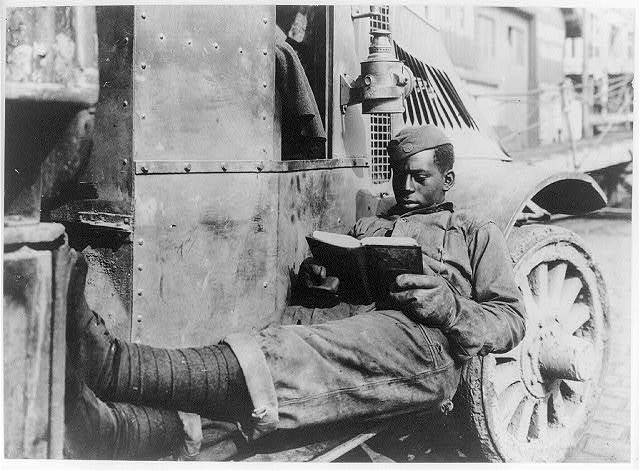
War, Memory, and Culture is a book series published by the University of Alabama Press since 2016. Devoted to scholarship that examines the construction of collective or cultural war memory, the series is international in scope and not limited to any particular conflict. Steven Trout of the University of Alabama serves as the series editor.
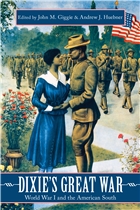
Dixie's Great War edited by John M. Giggie and Andrew J. Huebner, is a based on a 2017 symposium held at the University of Alabama that explored the
Great War as experienced in the American South and by its people. The book includes
an introduction featuring a survey of recent literature dealing with regional aspects
of WWI and a discussion of the centenary commemorations of the war. An afterword by
Jay Winter places “Dixie’s Great War” — the symposium and this book—within the larger framework of commemoration, emphasizing
the vital role such forums perform in creating space and opportunity for scholars
and the public alike to assess and understand the shifting ground between cultural
memory and the historical record.
“The wide-ranging conversation in Dixie's Great War touches on a number of important
facets of the South's participation in World War I. From military service to civil
rights, and from the home front to the legacy of the conflict, this work provides
an engaging and approachable introduction to scholarly discussion of this transformative
moment in the Southern history.”
— Matthew L. Downs, co-editor of The American South and the Great War, 1914-1924
— Matthew L. Downs, co-editor of The American South and the Great War, 1914-1924
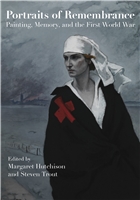
Portraits of Remembrance is a collection of essays exploring the vital role played by painting in the visual
culture of combatant nations during and following the First World War. The volume
features a foreward by Jay Winter and contributions from Great War scholars from across
the globe. Edited by Margaret Hutchison of the Australian Catholic University and
the Center's Steven Trout.
“Portraits of Remembrance is a welcome addition to scholarship on commemoration and memory of the First World War.”
—Pearl James, author of The New Death: American Modernism and World War I
“Portraits of Remembrance is a welcome addition to scholarship on commemoration and memory of the First World War.”
—Pearl James, author of The New Death: American Modernism and World War I
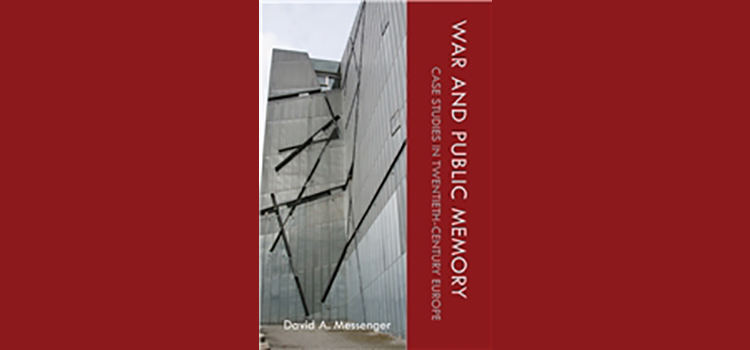
War and Public Memory is an introduction to key issues in the study of war and memory that examines significant
conflicts in twentieth-century Europe through case studies. David Messenger is Chair
of the History Department at the University of South Alabama.
“War and Public Memory is a gripping story of Europe’s most divisive conflicts. In lucid prose, Messenger traces how loss has been carved into the European landscape. This vital study demonstrates that past atrocities continue to shape national identity, while memorials transform war into productive mechanisms of memory.”
—Sara J. Brenneis, author of Spaniards in Mauthausen: Representations of a Nazi Concentration Camp, 1940–2015
“War and Public Memory is a gripping story of Europe’s most divisive conflicts. In lucid prose, Messenger traces how loss has been carved into the European landscape. This vital study demonstrates that past atrocities continue to shape national identity, while memorials transform war into productive mechanisms of memory.”
—Sara J. Brenneis, author of Spaniards in Mauthausen: Representations of a Nazi Concentration Camp, 1940–2015
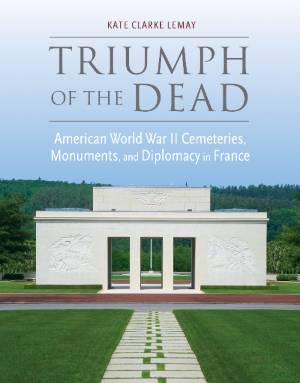
Triumph of the Dead: American World War II Cemeteries, Monuments, and Diplomacy in
France is an examination of the relationship between art, architecture, war memory, and
Franco-American relations. Kate Clarke Lemay is a historian at the National Portrait
Gallery, Smithsonian Institute, Washington, DC.
“Triumph of the Dead provides much needed information on post–WWII American military cemeteries in Europe, as well as the US agenda in postwar Europe in general.”
—Erika Doss, author of Memorial Mania: Public Feeling in America
“Triumph of the Dead provides much needed information on post–WWII American military cemeteries in Europe, as well as the US agenda in postwar Europe in general.”
—Erika Doss, author of Memorial Mania: Public Feeling in America
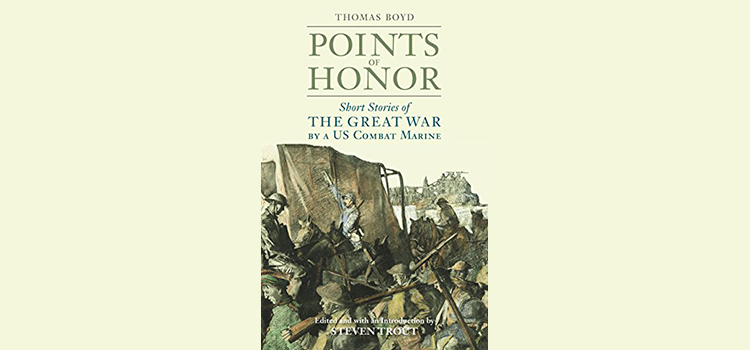
Points of Honor: Short Stories of the Great War by a US Combat Marine is based on author Thomas Alexander Boyd’s personal experiences as an enlisted Marine.
First published in 1925 and long out of print, this edition rescues from obscurity
a vivid, kaleidoscopic vision of American soldiers, US Marines mostly, serving in
a global conflict a century ago. It is a true forgotten masterpiece of World War I
literature. Reissued in the series in a new edition with notes and introduction by
Steven Trout, this work can now reach a new audience.
“Thomas Boyd is famous for the novel Through the Wheat, now enshrined as a World War
I classic. In Points of Honor, through a set of interlocking narratives, he pulls off something of a short story
version of William March’s Company K. A clear and interesting introduction by Steven
Trout, pegged for the literate general reader, makes a strong case for the stories
as something of an advance over Through the Wheat. Here the characters and situations
are diverse, and the modes of narration and development are strikingly varied.”
—Philip D. Beidler, author of Beautiful War: Studies in a Dreadful Fascination and The Victory Album: Reflections on the Good Life after the Good War
—Philip D. Beidler, author of Beautiful War: Studies in a Dreadful Fascination and The Victory Album: Reflections on the Good Life after the Good War
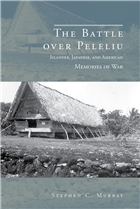
Stephen C. Murray's 2016 The Battle over Peleliu: Islander, Japanese, and American Memories of the War was the first book in the series. It is a study of public memory, and the ways three
peoples swept up in conflict struggle to create a common understanding of the tragedy
they share. Listen to Stephen C. Murray talk about the book on the War and Memory Podcast.
"Stephen Murray has written a remarkably sensitive, insightful, and compassionate
book about a war that continues. While Japanese forces surrendered the island of Peleliu
in what is now the Republic of Palau to American invaders on 24 November 1944, the
battle goes on around issues of memory, commemoration, and the meaning of history.
To his great credit, Stephen Murray has done much to redress the imbalance and injustice."
—The Contemporary Pacific
—The Contemporary Pacific


